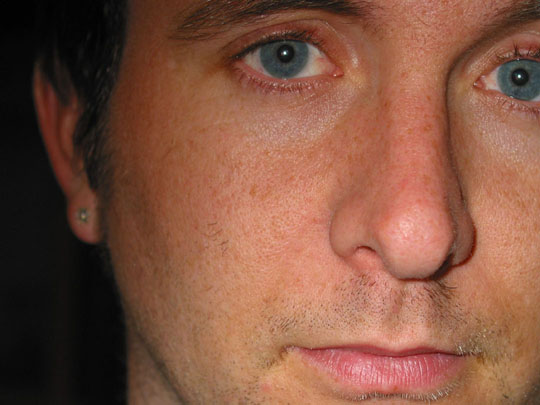
BLOODY OREGON TRAIL
Strange Piece of Paradise by Terri Jentz
(Farrar, Straus and Giroux, $27)
In 1977 Yale undergrad Terri Jentz and her friend, Shayna, grabbed the spirit of adventure by the balls and decided to bike across the United States. They hopped on a Greyhound bus to Astoria, Oregon and began the mammoth journey eastward by pedaling down the coast and then cutting across the Cascade Mountains to the desert landscape of central Oregon.
On June 22 Jentz and Shayna decided to camp for the night at Cline Falls, a state park north of Bend. Soon after drifting off to sleep they woke up in the middle of a living nightmare. After deliberately driving his truck into the tent and momentarily crushing Jentz, a man repeatedly struck the women with an axe. Both women survived, though the attack left Shayna partially blind and scarred Jentz physically and psychologically. Though the residents of that area strongly suspected that a violent high school boy committed the crime, the local and state police conducted a shoddy investigation and never fingered the culprit.
Nearly 30 years later Jentz has published the fascinating - though overdescriptive and overlong - memoir Strange Piece of Paradise. She interweaves the horrific events of June 22, 1977 with an extremely detailed account of the investigation she launched 15 years after the crime. She has an abiding need to know who tried to kill her, even though the statute of limitations for attempted murder has long since expired. Jentz takes us along on multiple trips back to Oregon, where she teams up with victims' rights advocates and interviews dozens of people linked to the awful night in question.
Jentz is no Truman Capote, but her book certainly deserves to be mentioned in the same breath as In Cold Blood. Both books stem from years of painstaking research, and they chronicle crimes that are so unexpected and upsetting that we can't help but be captivated by them.
Despite its obvious strengths, Strange Piece of Paradise is problematic in one regard. Jentz is a lesbian whose partner is film director Donna Deitch (Desert Hearts). But for whatever reason she goes out of her way to avoid the word "lesbian" throughout the book, referring to her obsession with Shayna and then awkwardly explaining away the sexual feelings that must have gone along with that. This evasiveness hurts the book because it rules out the possibility that the attempted murder was possibly a hate crime against women and lesbians in particular. Jentz is an incredibly thorough investigator, which makes this omission all the more baffling.
If you'd like to hear from Jentz directly, click on this link to a recent NPR interview:
http://www.npr.org/templates/story/story.php?storyId=5562295













